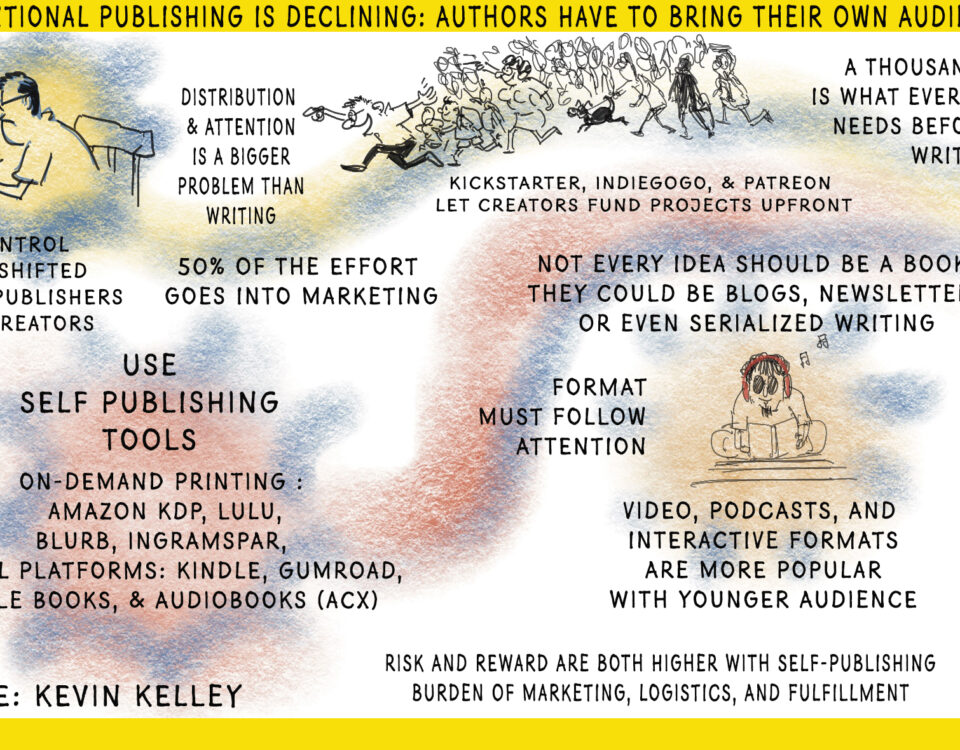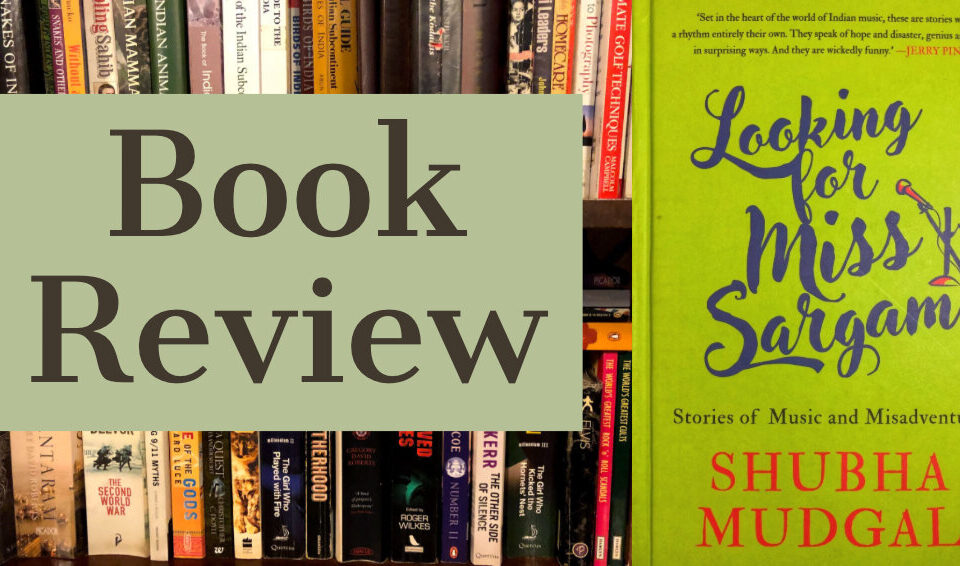The settings are varied. What goes on behind the scenes when two star musicians from India and Pakistan share the stage in a concert for peace? A small-town music teacher and a big-city businessman team up. They plan a hunt for India’s best new classical talent—and make a few crores in the process? How does it end? Shubha Mudgal writes about these from the point of view of an insider. That is why each story is so true. The tone is funny but there is a tinge of sadness I felt right through even as I laughed. The stories have a wicked humor that comes from someone who has seen these characters at close quarters.
Mr R Gopalakrishnan of the Tata Group recently did this story on Corporate Novels for the Economic Times. The article is a great recall of all the "Corporate Novels" that have been written in recent times. In this story called Mixing Business With Pleasure, they have traced authors from corporate India who have penned their novels with stories that somewhere resonate with their experiences. While it is fiction, almost all of them have perhaps been triggered off by some incident or character(s) they have encountered for real. This probably is the formula for realistic fiction that the readers have appreciated generously as well as the sales figures of all these novels will vouch for. I feel honored that Mr Gopalakrishnan is aware of my novels - but I will feel better if I know that he read them as well. Do you think he has?
I moved to Bangalore last October. To be interviewed for the city's website mybangalore.com was the equivalent of the neighbors peeking over the fence to check how you are settling in. It just feels good. That is just how I felt when Dhanusha Gokulan spoke to me. To be counted on as a Bangalorean felt good. The conversation was free flowing - from books to my meeting with the Dalai Lama in Dharamshala, India. Just what was it like to meet His Holiness, she had asked. The fact that you do not know what to say to someone of his stature. Seriously, can you think of one really smart question to ask?
And so, Bhaduri’s hero, Abbey passes out of IIM, Jamshedpur, gets into Balwanpur Industries, works at the township, chafes at the fishbowl existence he has to live there out of necessity, marries, gets estranged from, romances a woman or two, and slowly climbs up the corporate ladder. There is no discernible line of wit in the book; at best it is a collection of puerile jokes; the IIM gang comprises the usual suspects; the career climb is predictable, the women all coalesce into one another, come and go without leaving much impact. So what is the leavening factor in this ‘MBA’, a tenuous title at best? It’s lessons learned on the job which Abbey/Bhaduri imparts in a chatty tone that loses no relevance in the telling.Human Resource/Human Capital Practice/Personnel Management, whatever the term du jour is, it’s a fast moving track, creative and exciting, a track where you think as you run. To that extent, Bhaduri’s case histories with their solutions, make for interesting reading. The way Abbey handles the enforced VRS scheme initiated by the MNC that takes over Balwanpur Industries, is both informative and entertaining.









